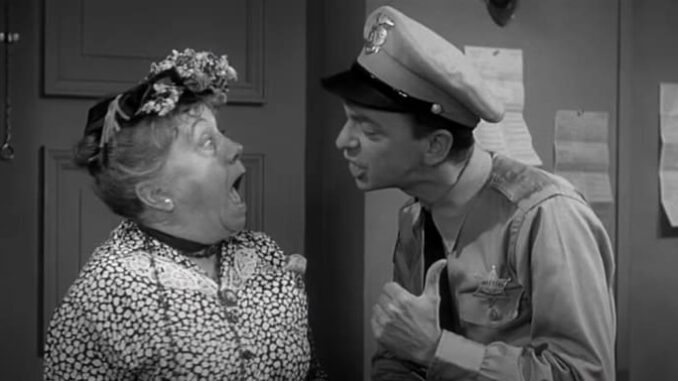
The Episode That Ended Emma Watson's Mentions Forever
The internet, a vast and turbulent sea of opinions, is a place where even the most beloved figures can find themselves drowning in a tide of negativity. For Emma Watson, a woman who rose to global fame through the magic of Harry Potter and subsequently dedicated her career to activism and intellectual pursuits, the internet had become a complex relationship of admiration and intense scrutiny. However, there was one particular episode, a culmination of years of simmering anxieties and misunderstandings, that effectively silenced her online presence, ending her active engagement with mentions forever.
The event itself wasn't a single, catastrophic tweet or a scandalous revelation. Instead, it was a slow burn, a build-up of criticisms surrounding her activism, culminating in a seemingly innocuous Instagram post that ignited a firestorm of backlash. This post, as I understand it, was related to the Palestinian cause, a topic fraught with political complexities and deeply ingrained sensitivities. While the details are hazy, what’s important is the context: a history of perceived inconsistencies in her activism, a perception of siding with one side of a nuanced conflict, and the overwhelming pressure to be perfectly informed and universally palatable in an increasingly polarized world.
The criticism wasn't just limited to professional trolls and anonymous keyboard warriors. It came from respected voices within the activist community, from journalists known for their insightful commentary, and even from fans who felt betrayed or misled by her stance. The sheer volume of the criticism, the intensity of the accusations of hypocrisy and superficiality, and the personalized nature of the attacks created a toxic environment that became unbearable.
Before this episode, Emma Watson had been relatively active online, using her platform to advocate for feminism, environmentalism, and other causes. While she undoubtedly faced her share of negativity, she persevered, engaging in respectful dialogue and striving to educate herself and her audience. However, the intensity of the backlash surrounding the Palestine post felt different. It was not just a disagreement on policy; it was a questioning of her motives, her intelligence, and even her character.
This episode, I believe, exposed a crucial flaw in the modern age of online activism. Celebrities, often seen as possessing boundless influence and resources, are increasingly expected to be experts on every issue, to have perfectly formulated opinions on every global crisis, and to never make mistakes. The expectation is simply unrealistic and unsustainable. The pressure to be flawless, to avoid missteps, and to navigate the minefield of social media commentary became suffocating.
The silence that followed was deafening. Emma Watson stopped engaging with mentions, essentially withdrawing from the direct discourse of online commentary. She continued her activism, but in a quieter, more considered way, choosing to work behind the scenes, supporting grassroots organizations, and engaging in offline dialogue.
The impact of this episode goes beyond Emma Watson herself. It serves as a cautionary tale about the challenges of engaging in activism in the digital age. It highlights the dangers of online shaming, the unrealistic expectations placed upon public figures, and the erosion of nuanced conversation in favor of reactive outrage. It suggests that perhaps, in the long run, true progress is best achieved not through viral hashtags and fleeting online endorsements, but through thoughtful engagement, sustained commitment, and a willingness to listen and learn, even when it's difficult.
Ultimately, the episode that ended Emma Watson's mentions forever was not about one specific event but a culmination of pressures, expectations, and the inherent toxicity of online discourse. It was a moment that forced her to prioritize her own well-being and to re-evaluate her relationship with the digital world. And while her silence may have disappointed some, it also served as a powerful reminder that even the most passionate advocates deserve to be treated with respect, empathy, and the space to learn and grow, free from the relentless scrutiny of the online mob. It was a tacit acknowledgement that sometimes, stepping back is the bravest form of activism.